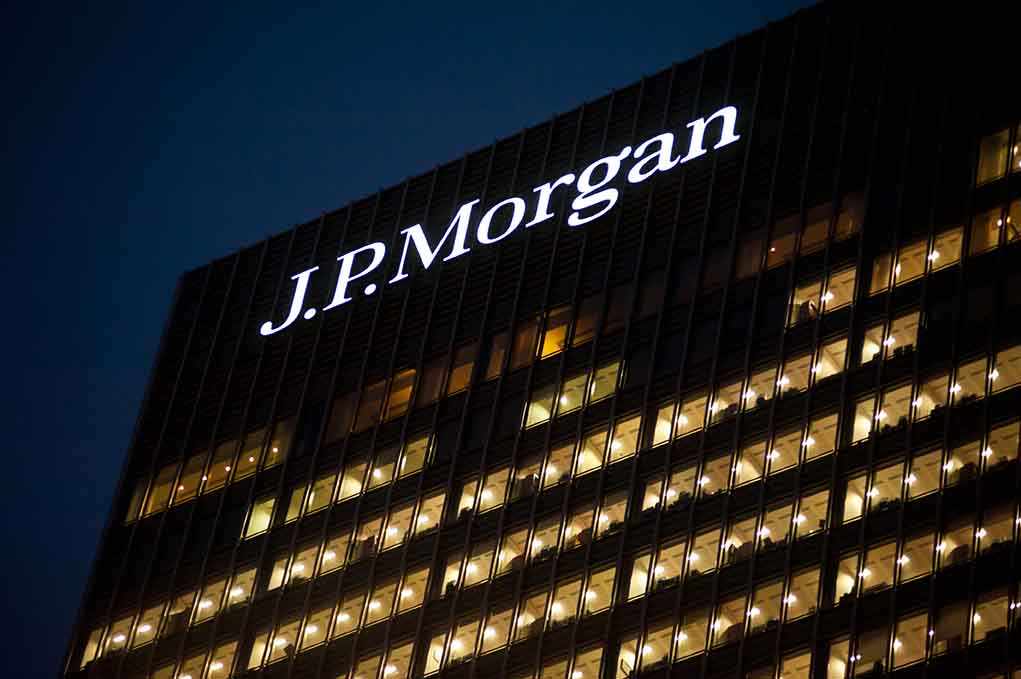
JPMorgan Chase’s secretive billion-dollar partnership with Jeffrey Epstein, sustained for years after his sex offense conviction, exposes a shocking breach of trust and oversight at the heart of American finance.
Story Snapshot
- JPMorgan processed over $1 billion for Epstein, ignoring repeated compliance warnings about criminal activity.
- Senior management prioritized profits and deals, overruling staff concerns about trafficking and risk.
- Major exposés in 2025 fueled congressional investigations and calls for banking reform.
- The case highlights systemic failures in bank oversight for ultra-wealthy clients, threatening public trust.
JPMorgan’s Billion-Dollar Relationship with Epstein Defied Compliance Warnings
Between the early 2000s and 2013, JPMorgan Chase maintained accounts for Jeffrey Epstein, processing more than $1 billion in transactions even after his 2008 sex offense conviction. Internal compliance officers repeatedly flagged Epstein’s activities as suspicious and indicative of human trafficking. Despite these alerts, senior management dismissed the warnings, citing Epstein’s status as a “superclient” who generated significant revenue and facilitated lucrative deals, such as the $1.3 billion Highbridge Capital acquisition. This prioritization of profits over ethical oversight allowed Epstein to continue transferring funds—including payments to women trafficked in his operations—through America’s largest bank.
The bank only severed ties with Epstein in 2013, years after mounting public scrutiny and intensified internal concerns. By then, thousands of suspicious transactions had been processed, and Epstein’s criminal conduct was widely known. The continued relationship illustrates how compliance staff lacked power to enforce anti-money laundering protocols when overruled by executives driven by client retention and deal-making incentives. This case stands out not just for its financial scale but for the explicit compliance documentation that senior management actively ignored.
Congressional Investigations and Industry Reckoning
In September 2025, major media investigations, notably by The New York Times, revealed the full extent of JPMorgan’s dealings with Epstein, based on over 13,000 pages of bank records. Congressional leaders, including the Senate Finance Committee under Sen. Ron Wyden, responded by urging the Department of Justice to depose bankers involved and to tighten financial crime enforcement. Legal settlements have been reached with some parties, such as Leon Black’s $62.5 million payment for immunity in the U.S. Virgin Islands, but public outcry continues. JPMorgan’s admission of a “mistake” in maintaining the Epstein relationship has not quelled demands for accountability or systemic reform.
Lawmakers and regulators have condemned the bank’s failures, calling for stricter anti-money laundering (AML) and “know your customer” (KYC) standards, particularly for ultra-high-net-worth clients. The revelations have also triggered renewed scrutiny across the financial industry, with other institutions reviewing their compliance structures to avoid similar scandals. The erosion of trust in major banks and the pressure for transparency highlight the broader impact on both financial markets and regulatory policy.
Implications for Financial Oversight and Conservative Values
The Epstein-JPMorgan scandal underscores the dangers when powerful institutions prioritize profits over principled oversight. For conservative Americans, this event represents a direct attack on the constitutional principle of equal justice and the values of accountability and integrity in business. The case demonstrates how elite privilege and institutional complacency can undermine protections meant to safeguard society from criminal exploitation. It also serves as a warning against government overreach that fails to enforce existing laws, and highlights the risks associated with excessive deference to wealthy and connected clients. As investigations continue, attention is focused on restoring transparency, strengthening whistleblower protections, and ensuring that financial giants cannot sidestep the rule of law.
Breaking News
JPMorgan processed over $1B for Jeffrey Epstein despite internal concerns over sex offender status: report
Bank compliance officials flagged suspicious activity years before Epstein was dropped as a client, per the reportJPMorgan Chase handled the processing of…
— News News News (@NewsNew97351204) September 10, 2025
Industry experts, compliance professionals, and financial crime scholars agree that independent compliance functions and robust enforcement are critical to preventing future abuses. The fallout from this case may spur reforms that align with conservative priorities—emphasizing limited government intervention but robust rule enforcement, protection of individual rights, and the defense of family and community values against criminal influences. The legacy of JPMorgan’s partnership with Epstein serves as a stark reminder of the importance of vigilance and principled leadership in safeguarding America’s financial system.
Sources:
AML Intelligence: JPMorgan kept Jeffrey Epstein as a client after sex offence conviction
Democracy Now!: Jeffrey Epstein & JPMorgan: How the Largest U.S. Bank Enabled the Sex Trafficker
Times of India: How America’s biggest bank enabled Jeffrey Epstein — and why it matters now
U.S. Senate Finance Committee: Wyden Lays Out “Follow the Money” Investigation for DOJ

